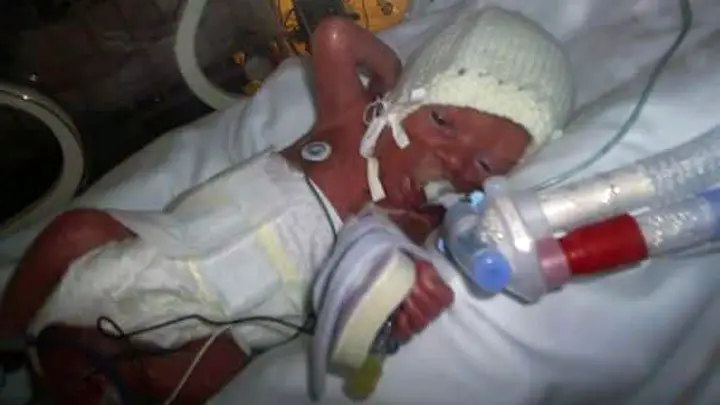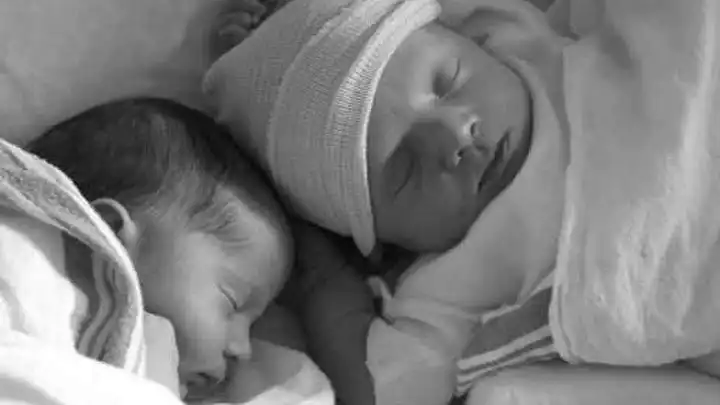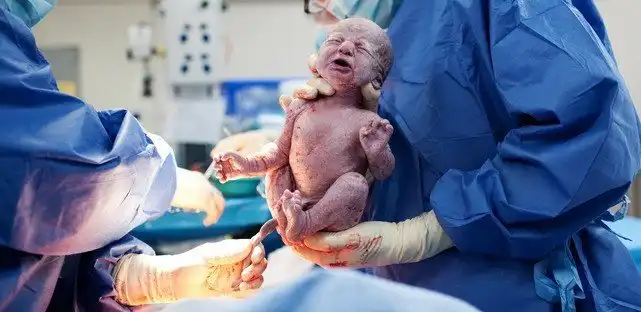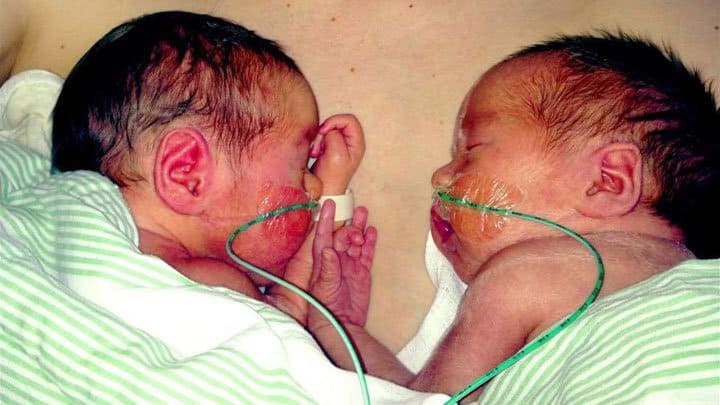New study explores TTTS diagnosed before 18 weeks
Women, who are diagnosed with TTTS early on, deliver earlier. The donor babies also weigh less. That was the conclusion of a UK study published in September 2017. It was published in Ultrasound in Obstetrics & Gynecology. The researchers did a retrospective review of monochorionic diamniotic twin pregnancies with a TTTS diagnosis earlier than 18 weeks of gestation. The pregnant women were all treated at the same tertiary referral unit in London. They were divided into early, mid and late second trimester groups based on gestational age when they were diagnosed with TTTS. Data regarding status at diagnosis, intervention, mode of delivery and outcome for both mother and child were collected.
Gestational age at delivery
The average gestational age at diagnosis was 15+3 weeks for the early group. 17+0 weeks for the mid group, and 19+4 weeks for the late group. The median gestational age at delivery was:
- Early group: 31+1 weeks (ranging from 23+6 to 33+2 weeks)
- Mid group: 33+2 weeks (ranging from 16+2 to 37+4 weeks)
- Late group: 32+2 weeks (ranging from 18+1 to 36+0 weeks)
Delivery and overall survival
70 of the pregnancies included in the study had outcome data. Of those, the overall survival was 42 percent. 37 percent of pregnancies had two live births, 84 percent had at least one live birth, leaving 16 percent with no survivors.
The researchers only had delivery data for 38 pregnancies. Out of those, the c-section rate was 74 percent. In the early group 60 percent had a c-section, in the mid group 67 percent, and in the late group 87 percent.
Inadequacy of diagnostic criteria
The researchers concluded that a significant proportion of TTTS is diagnosed before 18 weeks. They pointed to the fact that there is a potential inadequacy of diagnostic criteria, specifically for very early onset TTTS. This is due to DVP (deepest vertical pocket) differences being smaller and Doppler assessment less standardized. The study showed that early onset TTTS pregnancies deliver earlier with smaller donor weights. The researchers stressed the need for interventions that might be used at earlier gestation.














